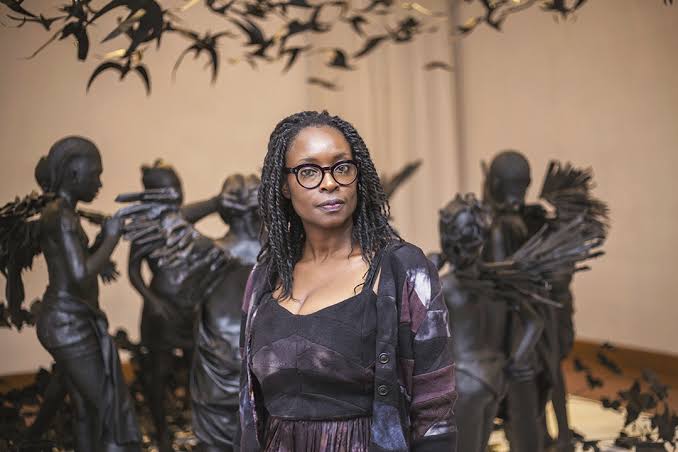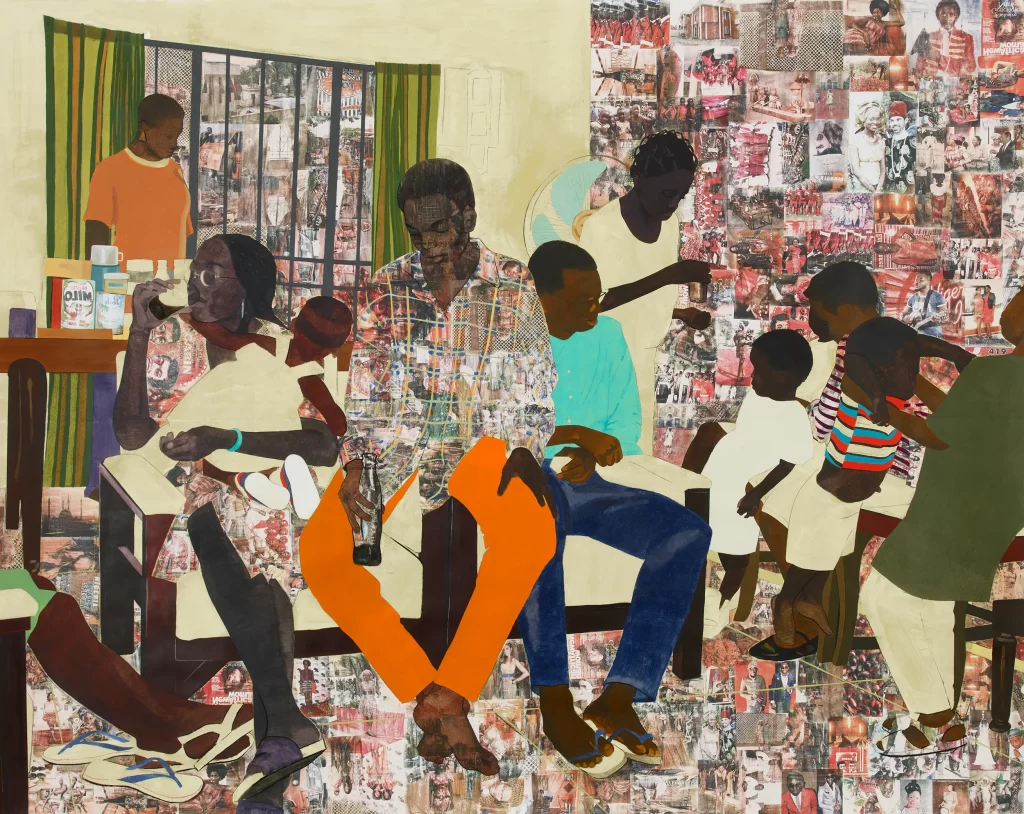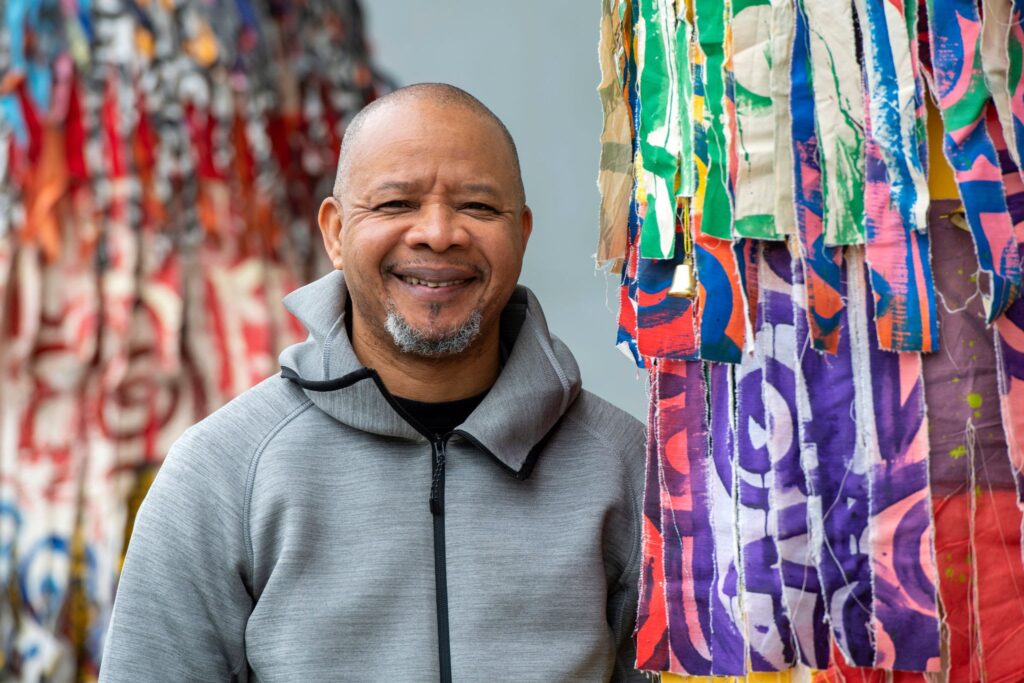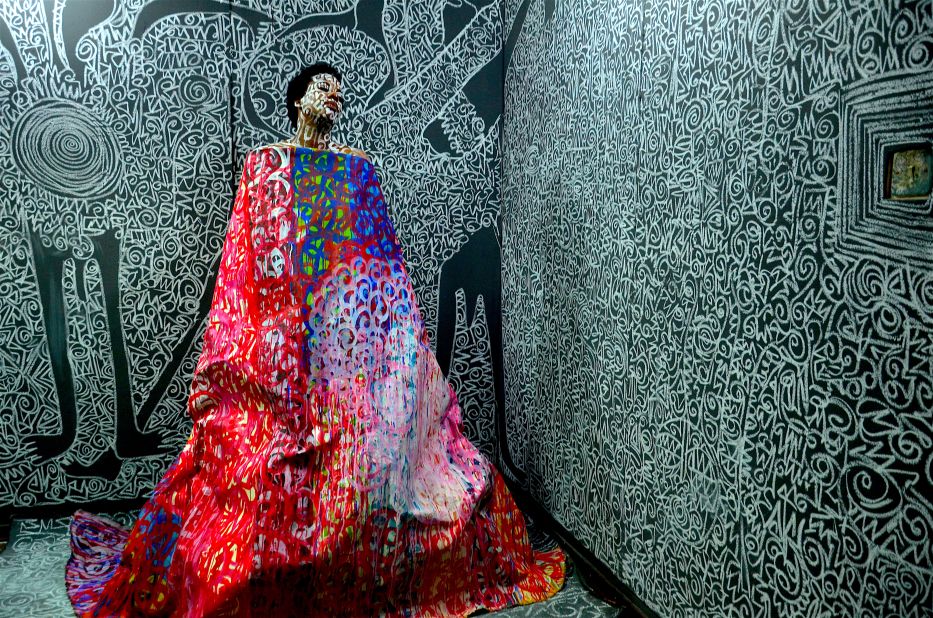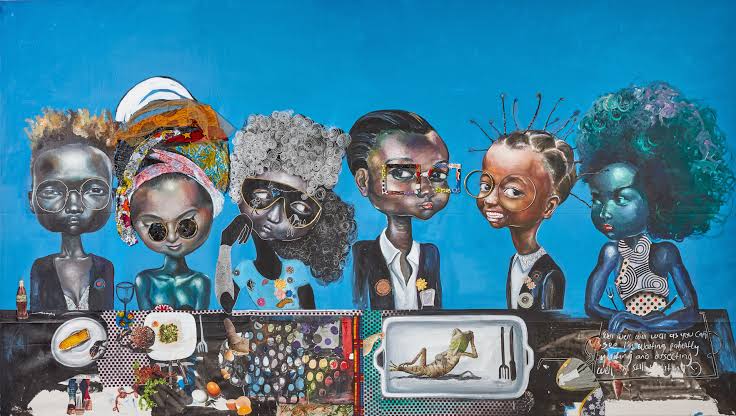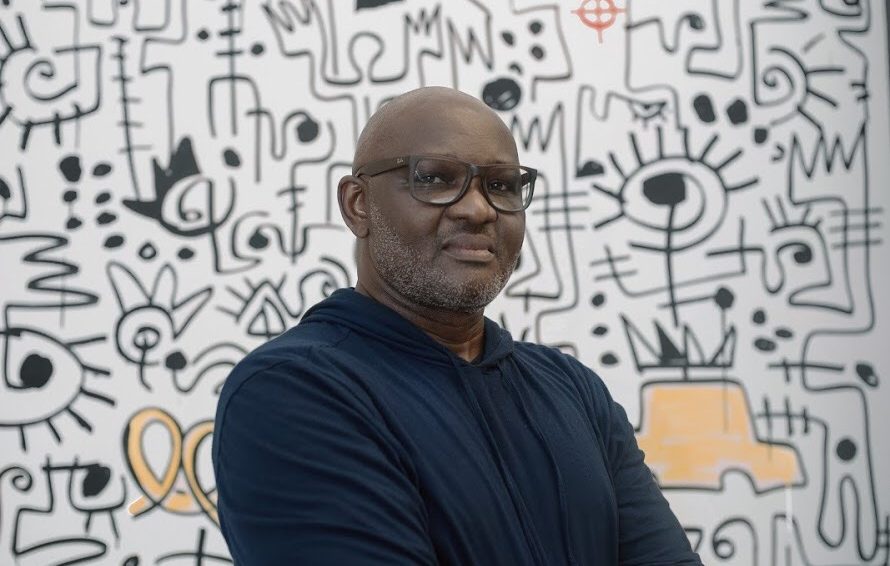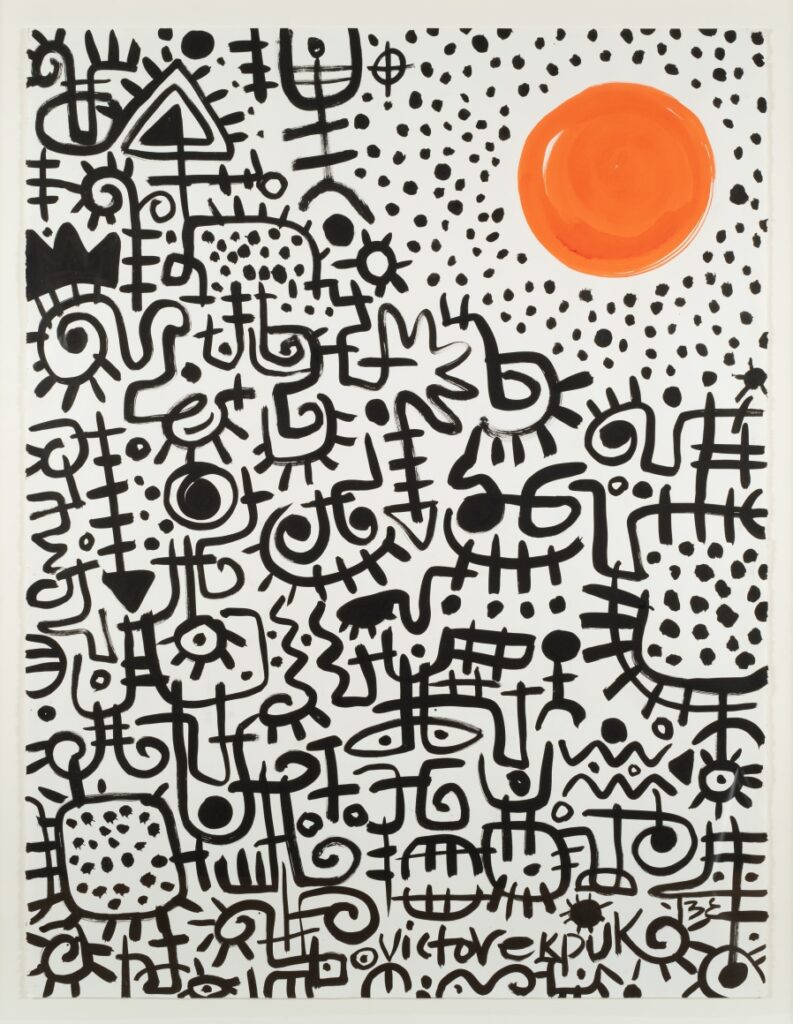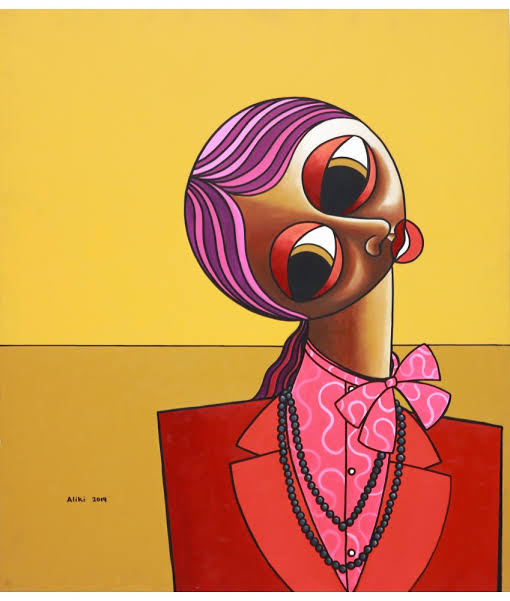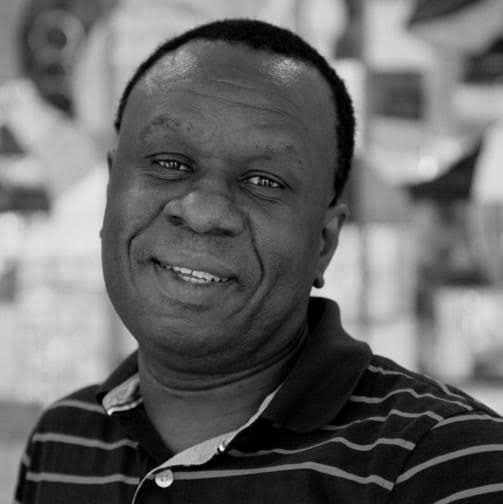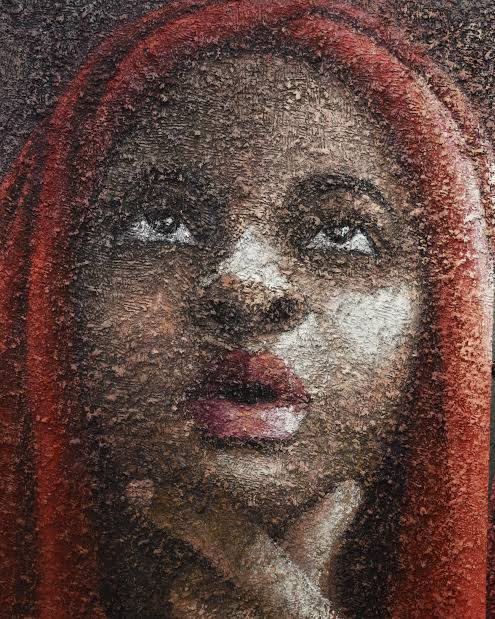Nigeria, a country known for its rich cultural heritage and vibrant creativity, is home to a plethora of talented artists who have been shaping the contemporary art landscape both locally and globally. Despite their remarkable contributions, the art scene in Nigeria often remains underrated and underappreciated. In this article, we will showcase ten of the best modern-day artists in Nigeria, shedding light on their exceptional talents and the challenges they face in gaining recognition and support.
1. Peju Alatise
A multi-talented artist, Peju Alatise, stands out with her thought-provoking sculptures and paintings. Her works often delve into socio-political issues, women’s rights, and cultural identity. She has exhibited internationally, but her influence and recognition in Nigeria are not as widespread as they should be.
Her work :
2. Njideka Akunyili Crosby
A recipient of the prestigious MacArthur Fellowship, Njideka Akunyili Crosby is celebrated for her unique mixed-media paintings that blend her Nigerian roots with her experiences living in the United States. Her masterful art has been displayed in renowned galleries worldwide, yet her contributions to contemporary Nigerian art are often overlooked.
Her work :
3. Victor Ehikhamenor
Victor Ehikhamenor is an artist, writer, and photographer whose works often incorporate traditional Nigerian motifs and symbols. His art serves as a reflection of Nigerian culture and history, but many locals are still unaware of the impact he has made in the global art scene.
His work :
4. Ndidi Emefiele
Ndidi Emefiele is known for her vibrant and expressive paintings that focus on women’s empowerment and their roles in society. While her art has earned acclaim abroad, her influence within Nigeria is yet to reach its full potential.
Her work :
5. Nike Okundaye
A living legend, Nike Okundaye is a prominent textile artist and founder of the Nike Art Gallery. Through her work, she has revitalized traditional Nigerian weaving and dyeing techniques. Despite her efforts, the wider Nigerian art community struggles to provide the recognition she deserves.
Her work :
6. Victor Ekpuk
Victor Ekpuk is celebrated for his use of Nsibidi-inspired symbols and calligraphy in his paintings, creating a unique visual language that narrates African stories. His art has been featured in exhibitions globally, but many Nigerians remain unaware of the depth and significance of his work.
His work :
7. El Anatsui
Though Ghanaian-born, El Anatsui’s impact on Nigerian art is profound. His monumental sculptures made from recycled materials have earned him international acclaim, including the prestigious Venice Biennale’s Golden Lion. Despite his immense success, the local art scene in Nigeria often lacks adequate recognition of his contributions.
His work :
8. Tolu Aliki
Tolu Aliki is a contemporary figurative artist known for his stylized figurative compositions and landscape subjects. Born in 1976, Aliki is a self-taught artist whose works addresses the concept of passion, love, family and everyday social interactions. His works are renowned for the flair and uniqueness in the application of colour, depth of content and aesthetic beauty.
His work :
9. Rom Isichei
Rom Isichei’s surreal and dreamlike paintings are inspired by traditional African folklore. His unique style is gradually gaining attention outside Nigeria, but the limited exposure within the country hinders the wider appreciation of his talent.
His work :
10. Ayanfe Olarinde
Born in 1996, Ayanfe Olarinde is a visual artist who employs scribbling techniques as well as photography in creating intricately detailed and multi- layered images. In 2018, she graduated from the University of Lagos with a BSc in Microbiology. In her work, Olarinde explores and drives conversation around self-image, identity formation, social reality, collective history and mental health while probing popular culture and the inefficiencies of the government in contemporary society.
Her work :
Undoubtedly, Nigeria boasts an exceptional pool of contemporary artists whose talent and creativity enrich the world’s cultural heritage. However, limited funding and infrastructure for art institutions, inadequate art education in schools, and a lack of widespread public interest contribute to the undervaluing of art in the country.
Increased investment in arts and culture, support for local galleries, and a thorough emphasis on art education will empower artists and enable their work to be celebrated and appreciated both within the country and on the global stage.
Only then can Nigeria’s art scene truly thrive and take its rightful place in the world of contemporary art.

